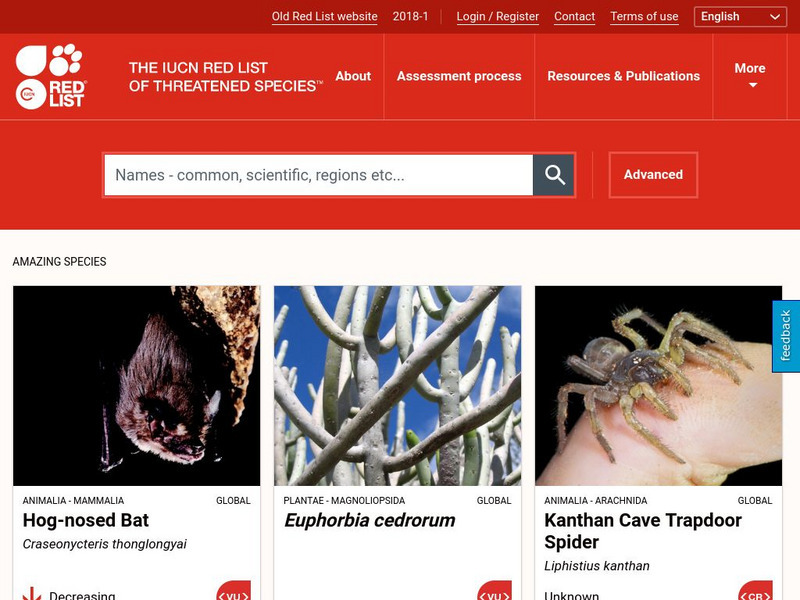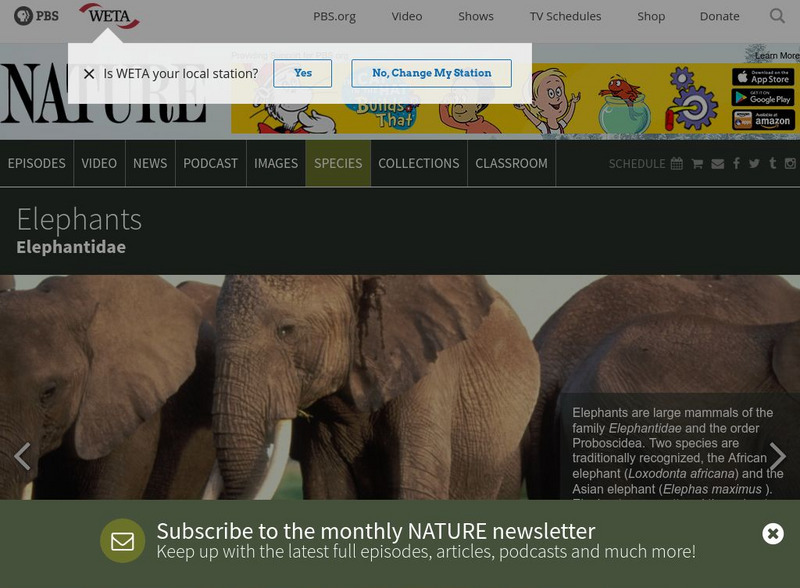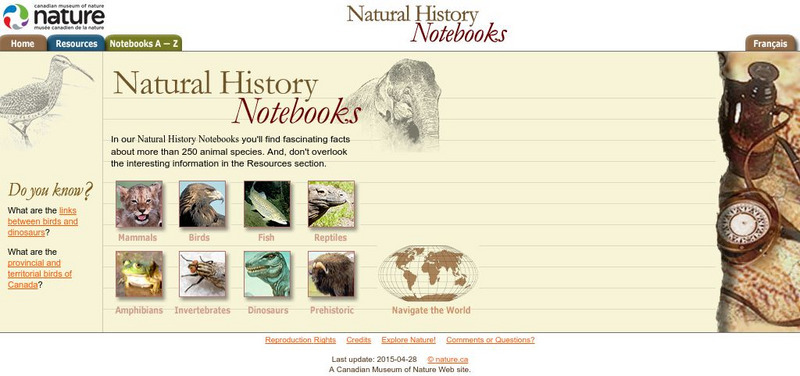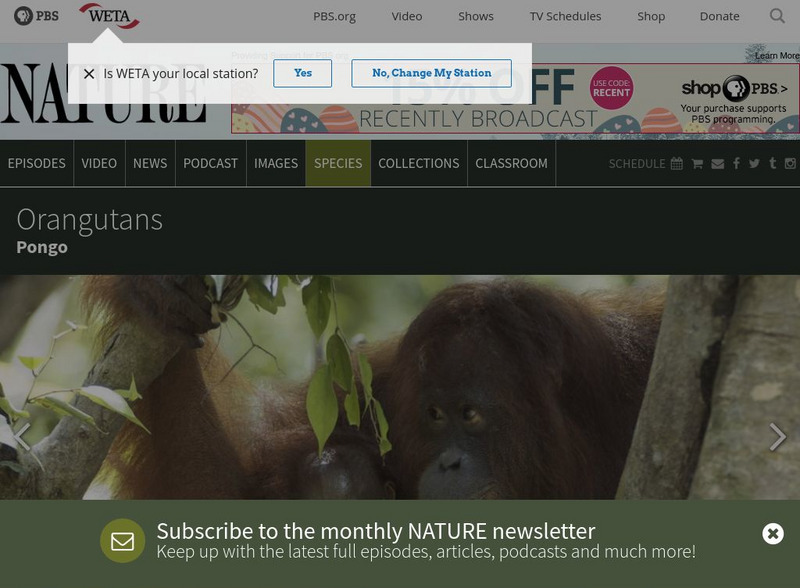Environmental Education in Wisconsin
Biome Travel Guide
In a perfect marriage of social studies and science, groups work together to research and create a travel guide presentation to share with the class. Not only do kids learn about the climate and geography of a biome, but also the...
Curated OER
Folktales and Ecology: Animals and Humans in Cooperation and Conflict
Story elements such as conflict, character analysis, resolution, and moral are discussed and charted as elementary children read folktales involving animals. An element of science is also introduced as learners discover what a keystone...
Curated OER
Totem Mask
Sixth graders study totems of the Northwest Native Americans and design their own.
Curated OER
The Great Kapok Tree by Lynne Cherry
With The Great Kapok Tree, by Lynne Cherry as the hook learners discuss the rainforest, the animals that live there, and conservation efforts. Then, students write a letter to the man in the story asking him not to cut down the Kapok...
Curated OER
Answering the Call of the Wild
Students explore wildlife conservation by investigating the reintroduction of species into their natural habitats and species near extinction. They create a poster and a position paper that explains the importance of preserving this...
Curated OER
Studying Birds in the Field
This is a well-designed science activity which helps students learn the behavior of different species of birds. Working with partners and in small team, students learn to scientifically observe birds.
Curated OER
Why is a salt marsh important?
Students discuss the salt marsh. They define the following terms: habitat, water, land and air. Students work in small groups. They are asked why are they going to a salt marsh? Students discuss whose habitat is it at the salt marsh.
Curated OER
The Great Grizzly
Students generate questions about grizzly bears and use the Internet to research the answers. As a culminating activity, students create a life-size mural of a grizzly that is annotated with the information they've learned.
Curated OER
Sea Turtle
Students listen to a story about a sea turtle sanctuary. They participate in a discussion about the sea turtles. They analyze some of the hazards that can hurt sea turtles and brainstorm ways to help the problem. They write and...
Curated OER
Scales, Scutes, and Skins
Students identify the various adaptations of reptiles and amphibians. After distinguishing between reptiles and amphibians, students discuss the ways in which their adaptations aid in their survival. They participate in a hands on...
Curated OER
Pyramid of Biomass
Students interpret data to demonstrate biomass and number pyramids. They use information to draw conclusions and examine an example of biological magnification.
Curated OER
Breaking News English: Internet Trade Threatens Exotic Animals
In this English worksheet, students read "Internet Trade Threatens Exotic Animals," and then respond to 1 role playing, 47 fill in the blank, 7 short answer, 20 matching, and 8 true or false questions about the...
Curated OER
OaxacaTurtles
Students identify types of turtles off the coast of Oaxaca. They become acquainted with the Mexican Turtle Center. They create a project (mural, map, panel discussion, logo/design) to communicate researched information.
Curated OER
Information Fluency Unit
Second graders create a proposal for the Science Spectrum to have an exhibit of a wide variety of aquatic animals for the children of the South Plains. These students would like to see aquatic animals up close.
Other
Iucn: Red List of Threatened Species
Find out about endangered animals featured here from the IUCN Red List of Threatened Species. Search through thumbnails to view previous months' species of the day to learn more.
PBS
Pbs Nature: Elephants
Did you know that the elephant is the largest animal in the world? Discover more about where they live, what they eat and how they socialize when you visit this site.
Canadian Museum of Nature
Canadian Museum of Nature: Natural History Notebooks
This site from the Canadian Museum of Nature, a natural history museum, provides short information blurbs and fun facts on over 240 different common animals categorized by type (mammals, fish, reptiles, invertebrates, amphibians,...
PBS
Pbs Nature: Orangutans
Come and check out this awesome resource on orangutans. Students who need help narrowing their informational search will benefit from this clear and concise resource.
PBS
Pbs Nature: Otters
Discover more about how otters live, what they eat and how they socialize when you visit this informative resource. This condensed site will benefit students who need help narrowing their research information.
PBS
Nature: Cheetah
What are some of the cheetah's distinctive characteristics? Come and check out this resource featuring fun facts and information about the cheetah.





















